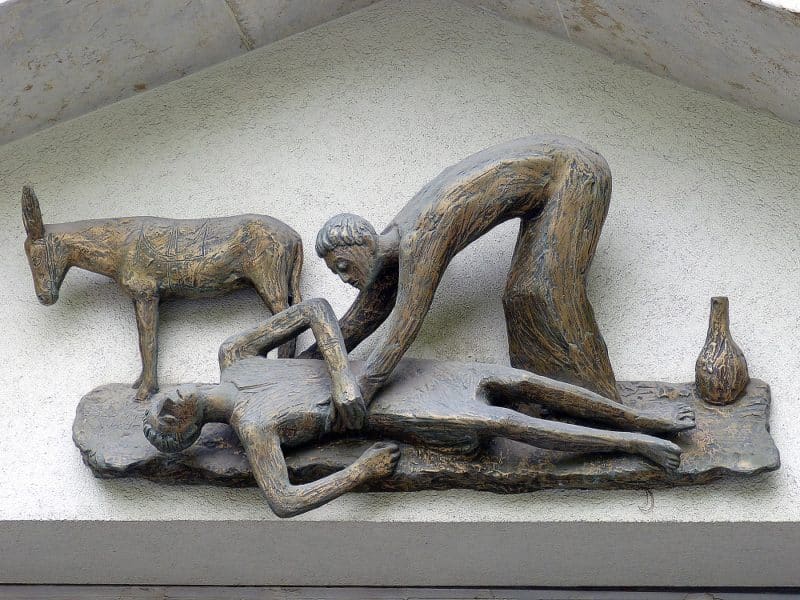By MICHAEL HEMPSEED
Let’s face it, Catholics want to pretend the abuse crisis never happened. When I have heard Catholics talk about this, they say things like, “It was only a small number of priests”, “They should never have been admitted to the priesthood in the first place”, or “We have paid them enough already”, “Well, they don’t represent me”.
We do everything except acknowledge the pain that so many have been through. When the abuse crisis first broke in 2002, it was believed 1 per cent of priests sexually abused children, now the number is at least 8 per cent worldwide, and this will only grow as more and more evil from the past is uncovered.
We must acknowledge that deep and long-lasting pain and anguish.
When Christ was alive, his whole ministry was dedicated to healing in some way. If we are to follow Christ, we must take up that role of healing too. To offer true healing, we cannot deny what has happened; we must bravely acknowledge the full extent of it. If ever someone tells you they have experienced abuse at the hands of the Church, the first thing you should say is something like “That is truly dreadful”, not “It was a long time ago”, not “But not all priests are like that”.
Scientists have discovered that, if people have PTSD, they relive the terrible events over and over again, not as a distant memory, but as though it is happening again.
Yes, it may have been a long time ago, but many people live with memories every single day.
When we say things such as “It was only a small number of priests”, we make it harder for people to speak up. We are saying that abuse was rare and it hardly ever happened, when we know this was not the case at all.
I would also like to point out that it is not just priests who have caused harm; there have been nuns who have sexually abused people, Church employees who raped others, seminarians that have been raped, this has all happened in New Zealand and not some far off country.
Acknowledging the pain does not mean forcing people into forgiveness. Too often toxic forgiveness is an excuse for allowing evil to continue, or an excuse for us to not have to deal with the pain.
In the parable of the Good Samaritan, the Samaritan had no responsibility for the wounded man, yet he took it upon himself to help. We may not have been responsible for the abuse crisis, but as Catholics we must take responsibility for those who were hurt. I hear many Catholics complain about the money that is paid to survivors.
The Good Samaritan paid for the man at the inn. Catholics should not begrudge payouts to survivors, but instead we should welcome them as a way to partially heal the evil that occurred in God’s name.
It’s not just about money, as many survivors want to be acknowledged and cared for. I ask myself with a few exceptions, where have been the outreaches to survivors? Have you ever heard a priest give a homily where they welcome survivors of abuse to come forward, listen to what they need and respond to that?
I was never abused myself, but as a Catholic I feel I have a deep responsibility to try to heal the pain caused by unspeakable evil that happened within the Church.
The Body of Christ is broken, the shame of the abuse crisis is unimaginable. Denying the horror of the crisis only adds more wounds and more pain. The road to healing will be a long and slow one. It must begin with the full acknowledgement from all Catholics about the horror of what has happened.
- Michael Hempseed is a Christchurch-based behavioural expert

Reader Interactions